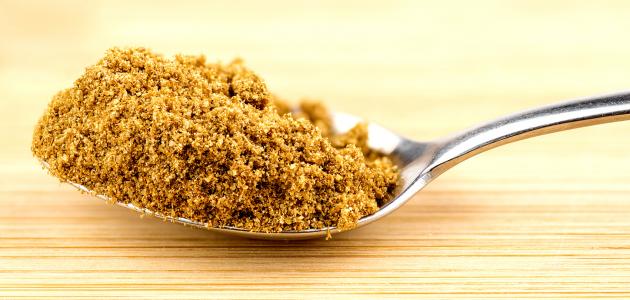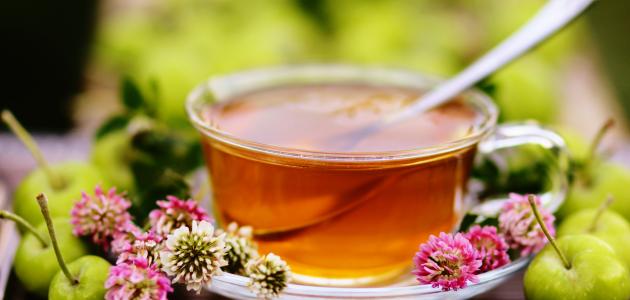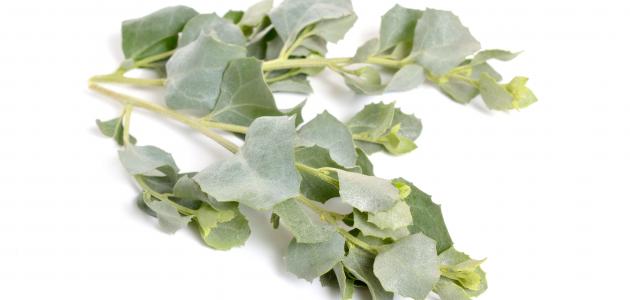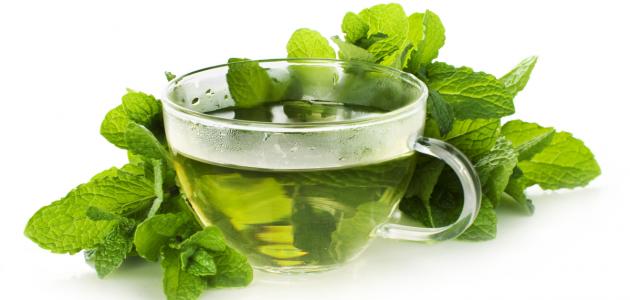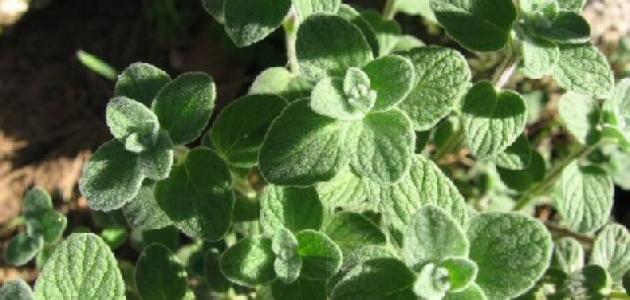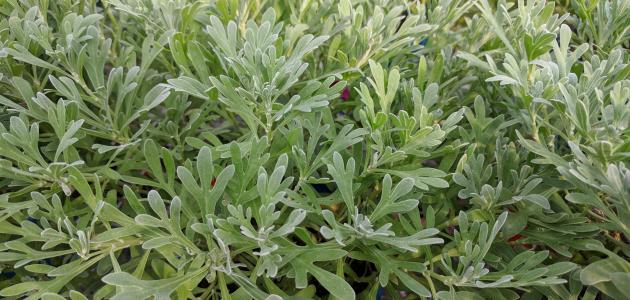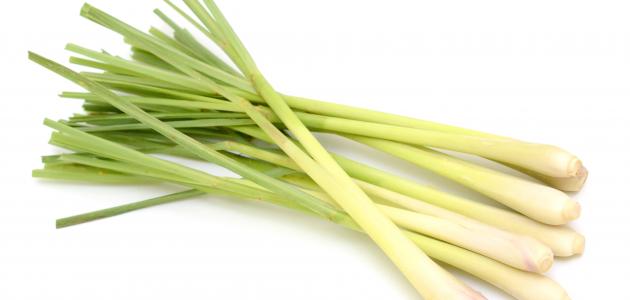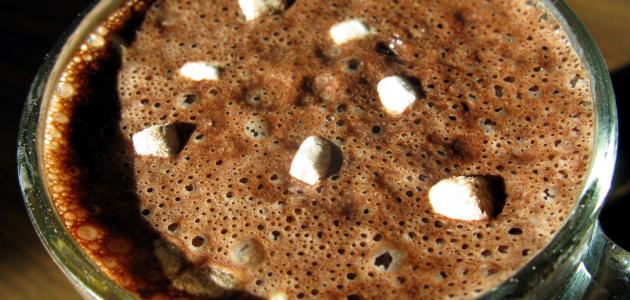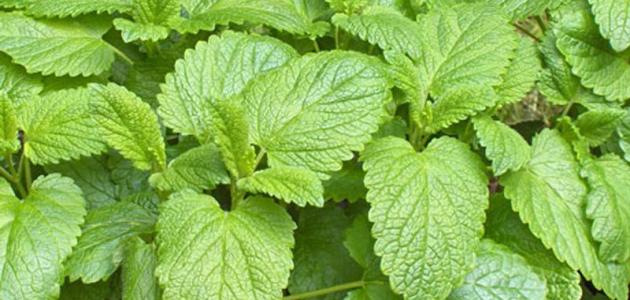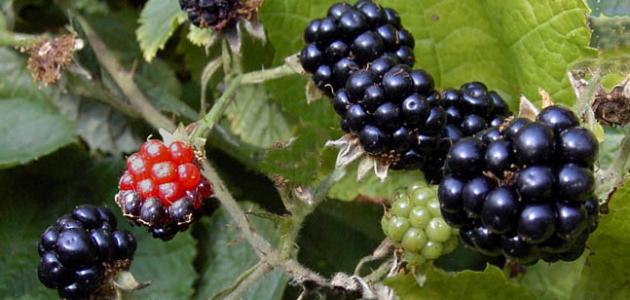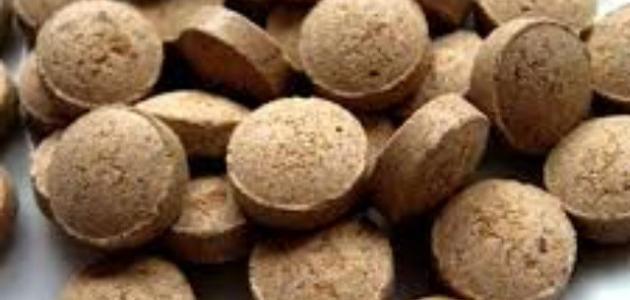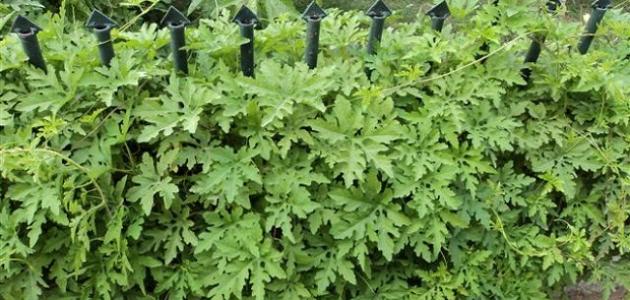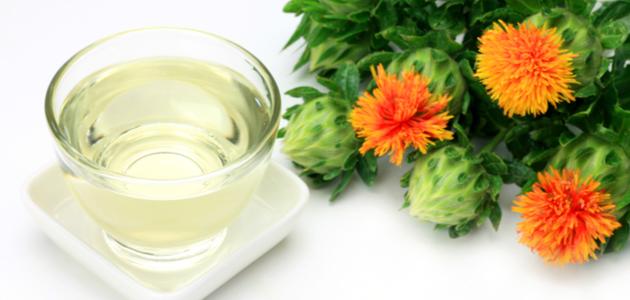Contents
An overview of cumin seeds
Cumin plant (scientific name: Cuminum cyminum L) is known as an annual herbaceous plant, and belongs to the Apiaceae family, and is cultivated in India, China, the Middle East, and in the Mediterranean countries, including Tunisia, [1] . This plant is a highly branched plant, and it may reach 30 cm in length, and is distinguished by its long leaves and small flowers of white or pink color, [2] and the cumin plant is used for cooking purposes; It is one of the main spices used in curry powder and chili powder , and cumin oil is extracted from its seeds by steam distillation. This oil is used in spices, to add flavor to sweets, and it is also added to creams, perfumes, and others. [3]
Cumin benefits
Its content of nutrients
Cumin contains many nutrients that are beneficial for the health of the body.
- Iron: Cumin is one of the important natural sources rich in iron, even when consumed in small quantities, as one teaspoon of it contains 1.4 milligrams of iron, which is equivalent to 17.5% of the reference daily amount, and iron is necessary for children to promote growth, and it is necessary for women in Young people age to replace lost iron during menstruation, and it is worth noting that iron deficiency is one of the most common deficiencies. [4]
- Antioxidants: Antioxidants help to get rid of free radicals, and cumin contains two types of antioxidants, namely: Luteolin and Apigenin, which help to increase the activity of the body, and may contribute to maintaining the health of the skin and its protection . [5]
Benefits There is insufficient evidence of effectiveness.
- Reducing diarrhea: A laboratory study published in Pharmacognosy Research in 2014 was conducted on the consumption of cumin extract, and its relationship to alleviating symptoms of diarrhea in mice, and the results indicated that consuming cumin extract can alleviate the state of diarrhea. It reduces the frequency of defecation, reduces the weight and volume of the intestinal content, and this effect is believed to occur due to the reduction of the movement of the worm intestine and its contractions, but more studies are still needed to know the extent of this effect. [6]
- Other benefits There is insufficient evidence for its effectiveness: There are some cases in which cumin is used, but its effectiveness in alleviating them is proven, and among these cases the following are mentioned: [7]
- Colic
- Bloating and gas
- Bowel spasms.
- Fluid retention .
- Menstrual problems.
Studies on the benefits of cumin
- A preliminary study published in The Middle East Journal of Digestive Diseases in 2013 was conducted on a group of people suffering from Irritable Bowel Syndrome, and the results showed that consuming cumin extract significantly reduced abdominal pain, nausea, mucus in stool, bloating and other symptoms . . [8] [9]
- A study from Urmia University of Medical Sciences in 2016 showed that consuming cumin supplements may reduce insulin levels, glycosylated hemoglobin - or what is known as cumulative sugar - and fasting blood sugar, in addition to improving insulin sensitivity in type 2 diabetes patients . To reduce the risk of complications from this disease. [8] [10] .
- A 2014 study from Shahid Sadoughi University of Medical Sciences indicated that cumin powder reduced levels of triglycerides and harmful cholesterol in the blood , , and increased levels of good cholesterol . [8] [11]
- The results of the aforementioned study showed; Which was conducted at Shahid Sadoughi University of Medical Sciences in 2014 that cumin powder has an effect on reducing weight , body mass index, and fat mass, in addition to reducing waist circumference, [11] and another study published in The Iranian Red Crescent Medical Journal in 2016 showed that Consuming cumin in overweight people in large amounts may reduce their weight and BMI , but more studies are still needed to confirm this, [12]It should also be noted that it is not possible for cumin to target the burning of fat from a specific area in the body such as belly fat, and although it helps in losing weight, there are some misconceptions about this effect, in addition to that it is not possible to predict the amount of weight. The lost when consuming cumin. [13]
- A laboratory study published in the Journal of Pharmaceutical Biolog in 2011 indicated that cumin extract possesses antioxidant and anti-stress properties, in addition to having memory-stimulating activity . [14] Cumin can also stimulate the central nervous system to increase its effectiveness, which improves memory and increases capacity. The body controls the limbs, and it is also believed to help alleviate Parkinson's disease, or what is known as Parkinson's Disease [5] .
- A study published in the International Journal of Molecular Sciences in 2017 showed that cumin has an antimicrobial effect on many microbes , such as: Escherichia coli and intestinal faecalis , in addition to Staphylococcus aureus . It is worth noting that more studies are needed on the antimicrobial effect of cumin and its mechanism of action. [15]
- A preliminary study published in Evidence-Based Complementary and Alternative Medicine in 2015 demonstrated; Cumin seeds have anti-inflammatory properties . [15]
The nutritional value of cumin
The following table shows the most important nutrients that are available in 100 grams of cumin seeds: [16]
| The food item | Nutritional value |
|---|---|
| Calories | 375 calories |
| water | 8.06 milliliters |
| Carbohydrates | 44.2 grams |
| Fiber | 10.5 grams |
| Protein | 17.81 grams |
| Fats | 22.27 grams |
| Potassium | 1788 milligrams |
| Iron | 66.36 milligrams |
| Calcium | 931 milligrams |
| Phosphorous | 499 milligrams |
| magnesium | 366 milligrams |
| vitamin C | 7.7 milligrams |
| Vitamin A | 1270 IU |
Damages of cumin
The degree of safety of latency
Cumin is often considered safe when used in moderate amounts, and it is likely to be safe to use in specific dosage. [17]
Precautions for using cumin
There are some health conditions that require caution when consuming cumin, and we mention among the most important of them the following: [17]
- Pregnant and breastfeeding women: There is insufficient evidence to prove the safety of pregnant and breastfeeding women to consume cumin, so it is advised to avoid its consumption.
- People with bleeding disorders: It is possible that latency may slow blood clotting. It can also exacerbate these disorders.
- Diabetics: Cumin may reduce blood sugar levels , so be careful when used by diabetics to avoid hypoglycemia.
- Surgery: Cumin may negatively affect blood sugar levels during and after undergoing surgeries, as it may reduce blood sugar levels, so it must be stopped for at least two weeks before any surgery.
Does cumin provide special benefits when consumed on an empty stomach or after food?
Some believe that there are special benefits that cumin provides when drinking it on an empty stomach or after eating, but there are no scientific studies confirming this.
Ways to use cumin and its products
Cumin can be used in several ways, including the following:
- Cumin oil: Cumin oil is extracted from its seeds by steam distillation. This oil is used in spices, to add flavor to sweets, and it is also added to creams, perfumes, and others. [3]
- Cumin boiled: It is prepared by soaking two teaspoons of cumin in a liter and a half of water, then filtering the water from the seeds. [13]
- Cumin love .
- Ground cumin .
References
- ↑ Sami Mnif, Sami Aifa (5-26-2015), "Cumin (Cuminum cyminum L.) from traditional uses to potential biomedical applications." , Chemistry & Chemistry & Biodiversity , Issue 5, Folder 12, Page 733-742. Edited.
- ↑ "Cuminum cyminum - L." , www.pfaf.org , Retrieved 10-12-2019. Edited.
- ^ A b "Cumin" , Www.drugs.com , Retrieved 10-12-2019. Edited.
- ↑ Matthew Thorpe (23-3-2017), "9 Powerful Health Benefits of Cumin" , www.healthline.com , Retrieved 22-12-2019. Edited.
- ^ A b Kathryn Watson is (8-8-2017), "Cumin Benefits" , Www.healthline.com , Retrieved 11-12-2019. Edited.
- ↑ Himanshu Sahoo, Saroj Sahoo, Sarada Sarang And Others (2014), “Anti-diarrhoeal investigation from aqueous extract of Cuminum cyminum Linn. Seed in Albino rats” , Pharmacognosy Research , Issue 3, Folder 6, Page 204-209. Edited.
- ↑ "Cumin" , www.emedicinehealth.com , 17-9-2019, Retrieved 11-12-2019. Edited.
- ^ A b t Megan The Metropulos, Megan The Ware (13-12-2019), "6 : health Benefits Of Cumin" , www.medicalnewstoday.com The , Retrieved 11-12-2019. Edited.
- ↑ Shahram Agah, Amir Taleb, Reyhane Moeini and others (10-2013), "Cumin Extract for Symptom Control in Patients with Irritable Bowel Syndrome: A Case Series" , Middle East journal of digestive disease Issue 4, Folder 5, Page 217- 222. Edited.
- ↑ Sahar Jafari, Roghieh Sattari, Sa'id Ghavamzadeh (7-2017), “Evaluation the effect of 50 and 100 mg doses of Cuminum cyminum essential oil on glycemic indices, insulin resistance and serum inflammatory factors on patients with diabetes type II: A double-blind randomized placebo-controlled clinical trial " , Journal of Traditional and Complementary Medicine , Issue 3, Folder 7, Page 332--338. Edited.
- ^ A b Roghayeh Zarea, Fatemeh Heshmati, Hossein Fallahzadeh and others (2014), "Effect of cumin powder on body composition and lipid profile in overweight and obese women." , Complementary Therapies in Clinical Practice , Issue 4, Folder 20, Page 297-301. Edited.
- ↑ Mohsen Taghizadeh, Mohammad Memarzadeh, Fatemeh Abedi And Others (23-8-2016), “The Effect of Cumin cyminum L. Plus Lime Administration on Weight Loss and Metabolic Status in Overweight Subjects: A Randomized Double-Blind Placebo-Controlled Clinical Trial . " , The Iranian Red Crescent Medical Journal , Issue 8, Folder 18. Edited.
- ^ A b Kathryn Watson is (14-3-2019), "Can Cumin Me , Powered by vBulletin Help to Lose Weight?" , Www.healthline.com , Retrieved 11-12-2019. Edited.
- ↑ Sushruta Koppula, Donf Kug Choi (3-6-2011), “Cuminum cyminum extract attenuates scopolamine-induced memory loss and stress-induced urinary biochemical changes in rats: A noninvasive biochemical approach” , Pharmaceutical Biology , Issue 7, Folder 49, Page 702-708. Edited.
- ^ A b of Qing . The Liu 's store , Meng Xiao 's , Ya Li And Others (6-2017), "Antibacterial And Antifungal Activities Of Spices" , International Journal Unit Of Molecular Sciences , Issue 6, 18. Edited by the Folder.
- ↑ "Spices, cumin seed" , www.fdc.nal.usda.gov , 4-1-2019, Retrieved 10-12-2019. Edited.
- ^ A b "CUMIN" , the www.webmd.com , Retrieved 11-12-2019. Edited.
